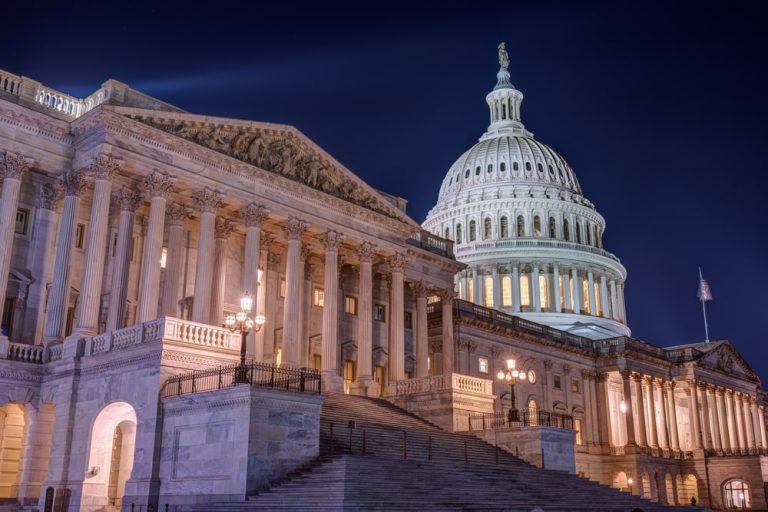After observing public company meetings and shareholder voting during the first half of the year, we have noticed a few common trends. The 2022 proxy season has been active with environmental, social, and governance (ESG) matters. And with recent SEC guidance around shareholder resolutions, it’s likely that even more climate-related measures will be voted on before the season ends.
Below, we explore some of our key observations and takeaways from the 2022 proxy season, and provide our recommendations for how to approach the upcoming off season.
All Eyes Are on Climate Rules
Everyone is watching and waiting for guidance around climate rules. If the SEC’s climate-related proposal goes through, it would mandate disclosure of Scope 1 and Scope 2 greenhouse gas emissions data for all companies. It would also require disclosure of Scope 3 emissions data for certain companies if they have material emissions or if the company made a Scope 3-related commitment.
In the meantime, however, investors have opposed climate shareholder resolutions at BP, Shell, ConocoPhillips and others in 2022 — a stark contrast to 2021. In general, compared to the 2021 proxy season, investors are adopting a more pragmatic case-by-case approach, shunning prescriptive demands from climate activists. BlackRock Investment Stewardship, for instance, published a position paper articulating that 2022 climate proposals are too prescriptive or constraining on companies, which may not promote long-term shareholder value creation. A fundamental rationale by BlackRock, and by extension other fund managers, is that proxy voting is an important part of their fiduciary duty to act in their clients’ long-term economic interests.
A Strict Approach to Say on Pay
Unlike the adoption of a more discretionary approach on climate rules, investors have been strict and unyielding on Say on Pay (SOP), which asks investors to vote on the compensation of top executives at a company. So far, we’ve seen investor support for SOP decline in 2022, meaning that investors continually vote against executive compensation packages. This year’s failure rate is outpacing even the record number of failures in 2021.
During the 2022 proxy season, 69% of J.P. Morgan’s shareholders voted against CEO Jamie Dimon’s pay. Intel also received shareholder rebuke on executive compensation, and Coca-Cola barely passed at 50.5%. As of May 19, 2022, 23 companies in S&P 500 reported less than 70% support for SOP, including General Electric. Average SOP support for S&P 500 stands at 87.3%, 100 basis points below 2021 average, according to the Semler Brossy report.
Why the declining support? In 2021, median S&P 500 CEO pay was $14.7M, and nine CEOs received pay packages of at least $50M, compared to just one in 2016. The investors’ response is a strong rebuke against not only sheer quantum of pay, but also discretionary one-off awards that are typically granted out of retention purposes rather than pay-for-performance/alignment with shareholder interests.
A Look to the Future
Investors’ voting pattern on SOP and climate shareholder proposals this year is strong evidence that their position is always formulated based on protecting and enhancing the long-term economic interests of their clients. Whether on sustainability or governance issues, companies would be wise to reassess their priorities in terms that align with their shareholder interests, and engage with top shareholders on these priorities to solicit their feedback. In particular, during the 2022 offseason, we recommend companies engage shareholders who are increasingly adopting a nuanced perspective on ESG issues, which will further impact all public companies with the forthcoming SEC climate rules.
As we approach the end of the 2022 proxy season, companies must have a good understanding of how investor attitudes and voting patterns are changing — and then use the off season wisely to engage with those shareholders.
For a closer look at the SEC’s climate-related proposal, read “Companies, Get Ready for Climate-Related Disclosures.”



